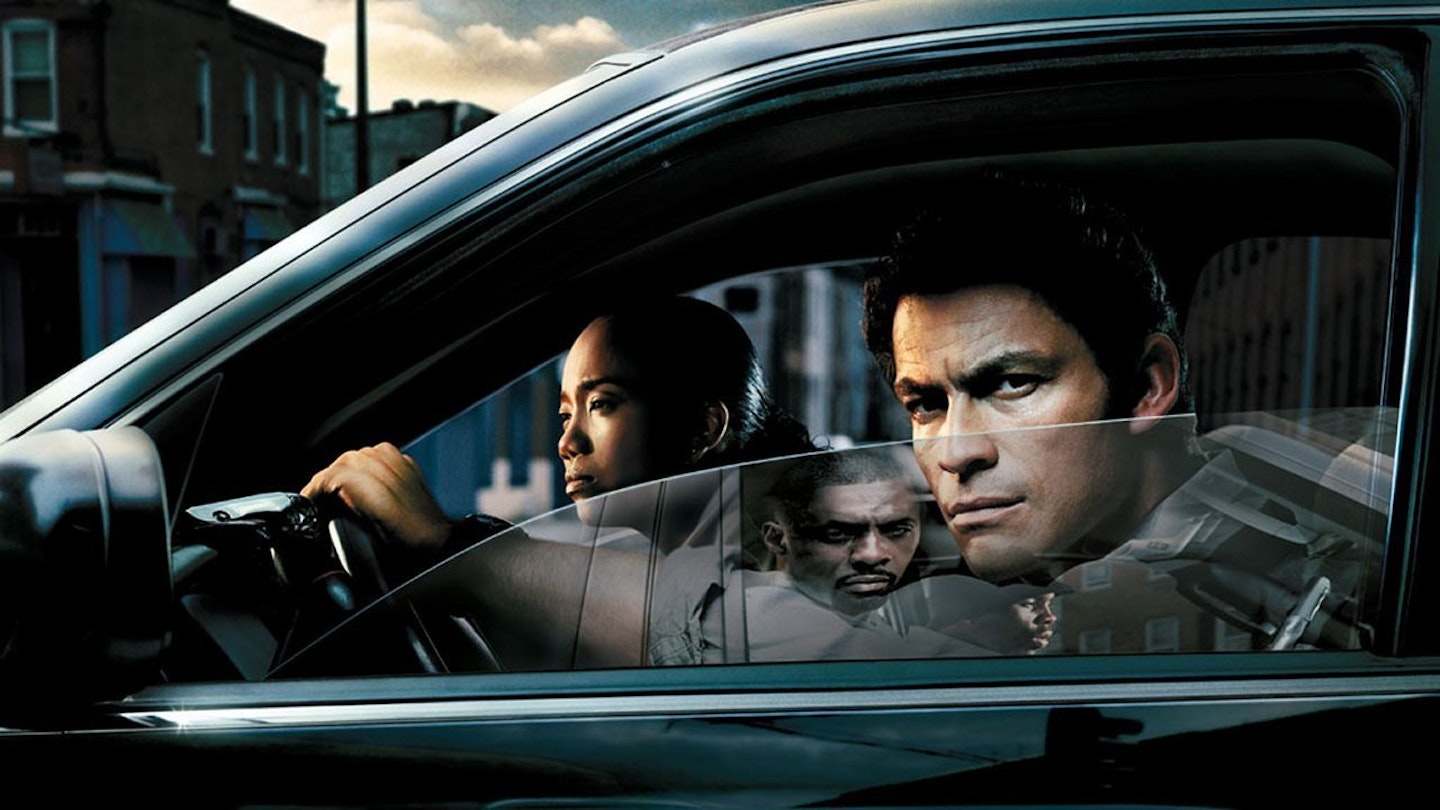So at last its farewell to the addicts, pushers, longshoremen, street soldiers, kingpins, stick-up artists, cops, teachers, politicos and assorted detritus of Baltimore, Maryland - or, as real-life graffiti in an earlier season put it, Bodymore, Murderland.
As it moves into its final stretch, David Simons blistering dissection of urban American life once again introduces a new perspective - and with it a new social issue.
This time, the fresh set of characters are journalists at beleaguered newspaper The Baltimore Sun, setting up a battle for the soul of the paper between veteran City Editor Gus Haynes (Clark Johnson) and self-serving, loose with-the-truth rookie Scott Templeton (Tom McCarthy). Simon has a masterful understanding of the rhythms and tensions of a city paper, having worked for the Sun himself for 12 years.
Some predicted that The Wire, which simmered along at a slow burn for four years, would explode into action for its denouement. But despite homicide detectives McNulty and Freamon (Dominic West and Clarke Peters) putting into effect a faux-serial-killer storyline more outré than anything seen before, Simon, like The Sopranos showrunner David Chase, proves he isnt one for tying up loose ends or doling out justice on behalf of his creations.
Some of the guilty meet grim fates here, but others get away scot-free, while innocents are corrupted and the cycle of street life starts all over again. And through all the bleakness, Bubbles (Andre Royo), a recovering junkie who in another show would be lucky to get called back for a second episode, emerges as the true hero.
Creating a microcosm of a broken nation, The Wire remained, to the very last fade-out montage, as messy and often painful as life itself. Believe the hype: this is a masterpiece, and now its over. As Clay Davis would no doubt say,Shiiiiiiiiiiiiiiiiiiiiit.
